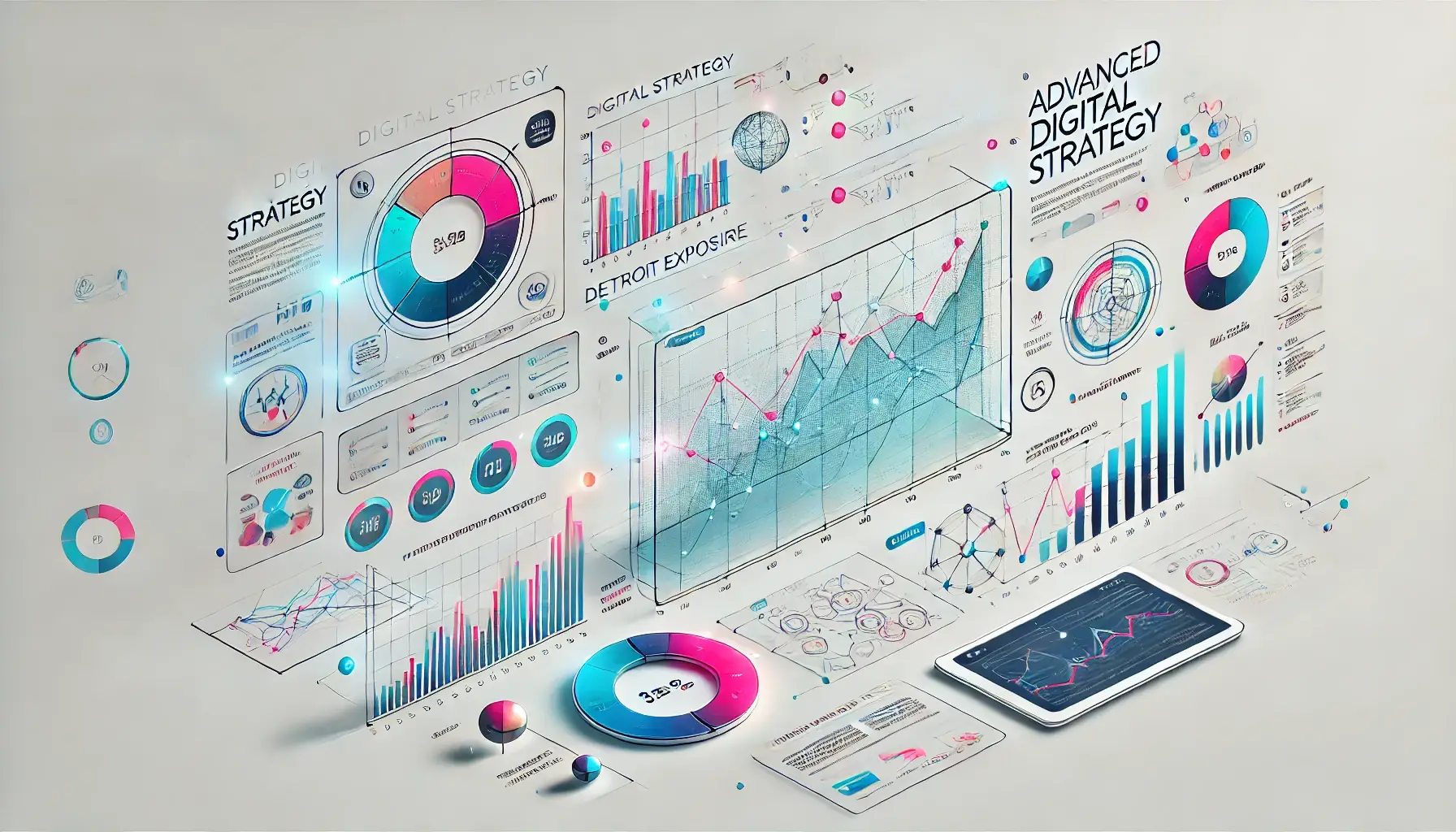
1. Comprehensive Web Analytics Framework
Multi-Layered Data Collection Strategy
- Custom dimension and metric creation for granular user segmentation
- Enhanced e-commerce tracking with product-level insights
- Event tracking hierarchy for nuanced user interaction analysis
Data Quality Assurance Protocols
- Automated anomaly detection systems
- Regular data audits and cleansing procedures
Advanced Cross-Domain and Cross-Device Tracking
- Utilization of User ID and Client ID for cohesive user journey mapping
- Implementation of Google Signals for demographic and interest reports
2. Sophisticated KPI Ecosystem Development
Hierarchical KPI Structure
- Primary KPIs tied directly to revenue and business growth
- Secondary KPIs focusing on user engagement and content effectiveness
- Tertiary KPIs for granular optimization opportunities
Custom Calculated Metrics
- Development of complex formulas to measure true business impact
- Integration of offline data for holistic performance assessment
3. Machine Learning-Enhanced Data Analysis
Predictive Modeling
- Utilization of Google Analytics’ Machine Learning capabilities
- Integration with BigQuery for advanced data mining
Anomaly Detection and Automated Insight Generation
- Implementation of statistical control processes for data validation
- Development of custom algorithms for trend identification
4. Advanced Visualization and Reporting Techniques
Multi-Dimensional Data Visualization
- Creation of interactive dashboards with drill-down capabilities
- Development of custom data studio reports for different stakeholders
Automated Reporting Systems
- Integration of AI for narrative generation in reports
- Real-time alerting systems for KPI threshold breaches
5. Conversion Rate Optimization at Scale
Multivariate Testing Framework
- Development of comprehensive test matrices
- Statistical significance calculation for test validity
User Experience Analysis
- Heatmap and session recording analysis
- Form analytics and micro-conversion tracking
Personalization Engines
- Implementation of machine learning algorithms for content recommendations
- A/B testing of personalization strategies
6. Attribution Modeling and Marketing Mix Optimization
Custom Attribution Model Development
- Creation of data-driven attribution models using machine learning
- Integration of online and offline touchpoints for holistic attribution
Marketing Mix Modeling
- Time series analysis for seasonal trend identification
- Predictive modeling for forecasting campaign performance
7. Technical SEO and Content Performance Optimization
- Advanced log file analysis for crawl budget optimization
- Schema markup implementation for enhanced SERP features
- Content clustering and topic modeling for semantic SEO
- Utilization of natural language processing for content gap analysis
8. Data Integration and Ecosystem Development
Centralized Data Warehouse
- ETL processes for data from multiple sources (CRM, ERP, marketing platforms)
- Implementation of data governance protocols
API Development
- Creation of APIs for real-time data exchange
- Machine learning model deployment for automated decision-making
9. Privacy-Centric Analytics Strategy
- Implementation of consent management platforms
- Server-side tagging for enhanced data control
- Data anonymization techniques for PII protection
- Compliance framework for GDPR, CCPA, and other data protection regulations
10. Continuous Improvement and Innovation Cycle
- Establishment of an analytics maturity model
- Regular audits of analytics implementation and strategy
- Exploration and integration of emerging technologies (e.g., AI, blockchain for data integrity)
- Development of a center of excellence for analytics within the organization
This framework provides our customers a sophisticated approach to web analytics, addressing the complex needs of enterprise-level digital strategy. By implementing these advanced techniques, businesses can gain deeper insights, make data-driven decisions, and stay ahead of a competitive curve.
